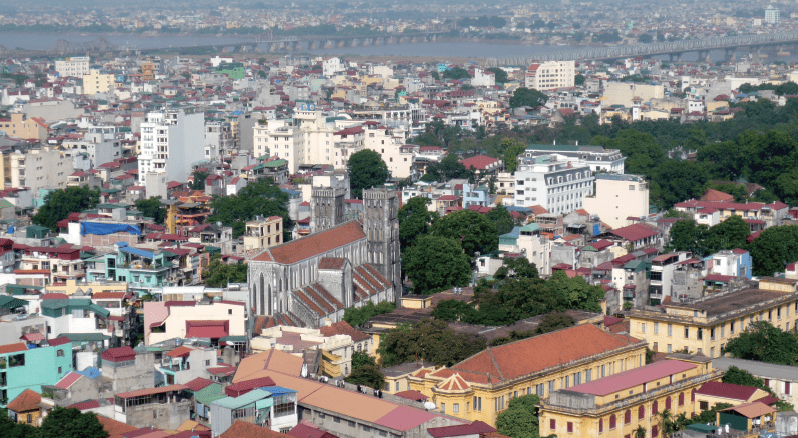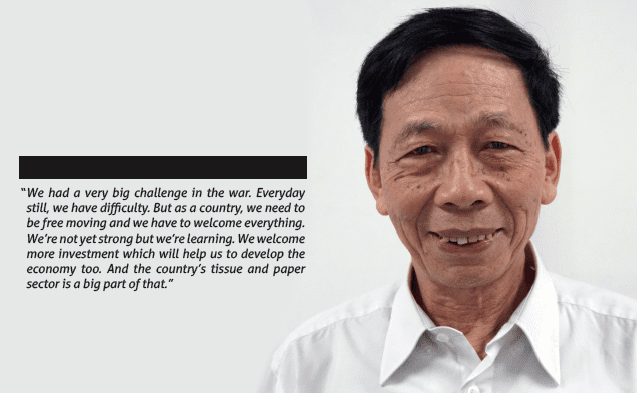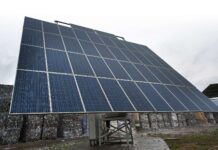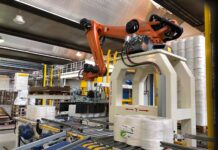Tissue demand is growing at 20%, so Vietnam Pulp & Paper Association vice chairman and secretary general Vu Ngoc Bao heralds a major opportunity as the country “joins the world’s economy.” TWM reports.
Vu Ngoc Bao is reflecting on two recent major events the significance of which is hard to over-estimate for the world, and as we sit in his modest office in a back street of Hanoi, for Vietnam especially.
One was the Paris Climate Conference (COP21) which reached its historic commitment on 12 December. Vietnam’s Prime Minister Nguyen Tan Dung attended earlier and signalled the country’s commitment to efforts to manage climate change. For Vietnam, 42% forest and heavily reliant on energy intensive manufacturing, it’s an important step, says Mr. Bao.
The second will bear more immediate benefits. Vietnam is a recent signatory to the Trans-Pacific Partnership (TTP) which slashes some 18,000 tariffs to free up trade among the dozen participating countries. “It’s a big opportunity,” he says. “It opens trade for us and it means we have penetrated into the world economy. This has opened up a lot of doors; we are open for business and we can have trade with every country in the world.”
As Mr. Bao mentions the opening of doors to opportunity, it is hard not to reflect on the symbolism of our location.
We have met at his office located down a tiny backstreet in the centre of Hanoi, north Vietnam. The ally’s entrance is flanked by tradesmen and women chatting and cooking while perched on small, foot-high stools. Blink, and you’d miss the entrance, which TWM did, two or three times. Fortunately, the many friendly and curious locals were happy to point, giggling, towards the right direction.
VPPA’s office is tucked completely out of sight, past a small shrine full of smoking incense burners and workmen involved in one of the many hundreds of building projects across the city.
Mr. Bao’s optimism transcends the surroundings. Vietnam is up for the challenge, not the first the country has faced: “We had a very big challenge in the war. Everyday still, we have difficulty. But as a country, we need to be free moving and we have to welcome everything. We’re not yet strong but we’re learning. We welcome more investment which will help us to develop the economy too. And the country’s tissue and paper sector is a big part of that.”
The potential is evident in the country’s tissue demand, which he says is seeing 20% growth: “People’s living standards are increasing so they are using more toilet paper and tissue products. I must also stress about the quality: tissue products here are now much better quality than they have ever been. We’ve seen improvements in production, with companies using more modern and better paper machines. Restaurant tissue, for example, was previously very low quality but it has greatly improved.”
The 20% growth does need to be put into perspective: “It’s starting form a very low capacity point. Until even fairly recently some Vietnamese people didn’t use tissue at all. Only people in cities use toilet paper, in the countryside they still largely don’t use it. But now people who live in the countryside, the mountainside, they are using it too. The infrastructure here has improved, so transport is much easier. Living standards generally are increasing and people need more quality. Their habits are slowly changing; if people have a good life, they use more tissue.”
However, he adds the country’s pulp sector isn’t developing as it should: “We need more paper. We are rich in forestry, 42% of Vietnam is forest. But the pulp industry isn’t developing, it needs money. And the local investors don’t have the money to invest in pulp.”
The country needs to make better use of its natural resources: “We have land, a young and energetic labour-force, forests … but we export only raw materials, fish, rice, woodchip. If we continue to only export raw materials, it’s not good for us. We need to invest in the processing so we can sell a product that has higher value. We see this in the tissue industry. And tissue’s potential is evident: many companies here that produce print and writing papers, more and more of them are diversifying into tissue as our living standards continue to increase. There’s a lot of potential.”



































